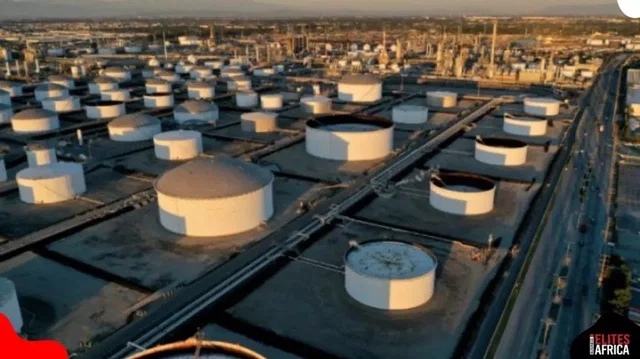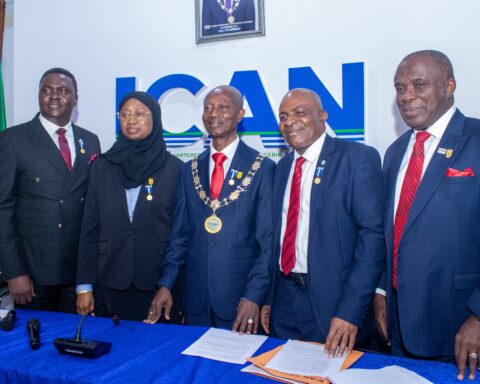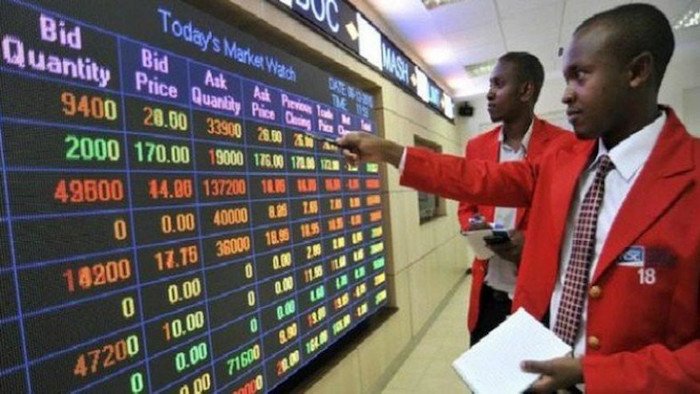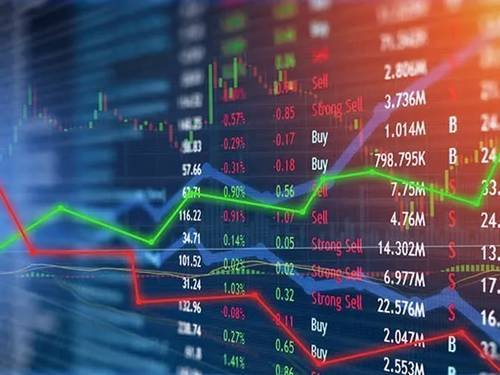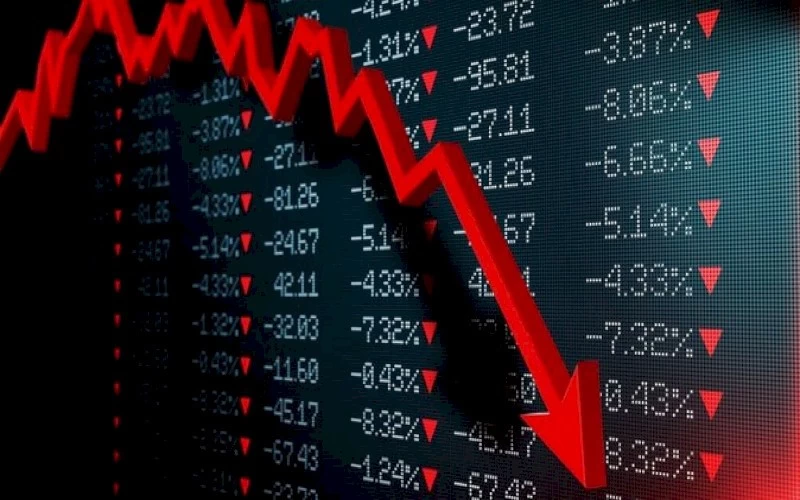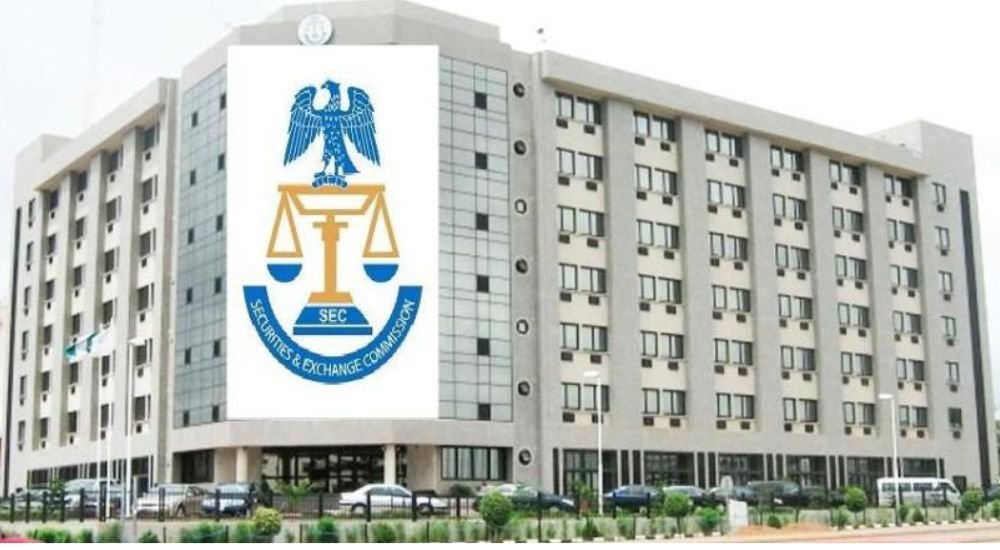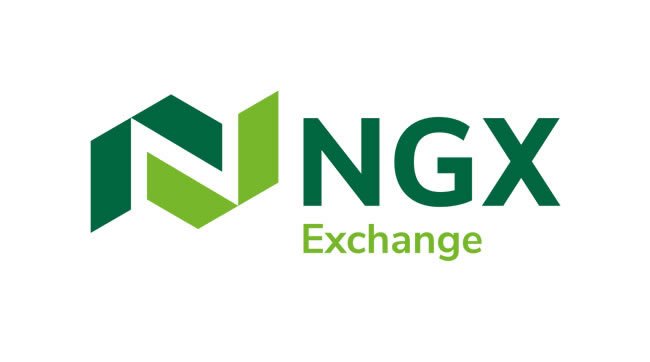When oil giant TotalEnergies struck crude in Namibia’s Orange Basin in 2022, the world took notice. The Venus field was hailed as the largest discovery of that year, a deepwater find with the potential to transform Namibia from an energy outsider into a global oil producer.
With an estimated 1.5 billion barrels of light crude and nearly 5 trillion cubic feet of natural gas, Venus looked like a golden ticket for both the French company and Namibia’s young oil industry.
On paper, the rewards are staggering. If developed as planned, the field could produce up to 150,000 barrels per day, running for decades and potentially boosting Namibia’s GDP by 20% before the next decade ends.
But more than three years after the discovery, first oil is still far off. The reason is simple, Venus is both a dream and a dilemma.
Venus is no ordinary oilfield. Located some 300 kilometres off Namibia’s coast and buried beneath 3,000 meters of water, it is one of the deepest offshore projects in the world.
To add to the challenge, the rocks that hold the hydrocarbons are tight and low in permeability, meaning they don’t easily release oil. That makes production complex and extremely expensive.
Deepwater projects are costly even under normal conditions. Comparable projects in Brazil and Guyana have breakeven costs around $35 a barrel.
TotalEnergies has hinted at a $20 per barrel breakeven for Venus, but many see that figure as a negotiation tool rather than a realistic estimate. In truth, development here may prove much costlier.
The bigger stumbling block is not just technical, it is political. Namibia wants the gas from Venus to come ashore and fuel its own power grid, creating jobs and long-term energy security.
TotalEnergies, however, prefers to reinject the gas back underground to maintain pressure in the reservoir. For the company, this is a cheaper and safer route. For Namibia, it is a missed chance to build energy independence and capture more value locally.
This clash has slowed negotiations. The country’s new president, Netumbo Nandi-Ndaitwah, has taken direct control of the talks, determined to avoid the kind of lopsided oil contracts seen elsewhere.
She cites Guyana’s early deal with ExxonMobil, where the government accepted a tiny royalty share in exchange for investment. Namibia wants a stronger hand at the table, even if it means waiting longer.
Adjusting expectations
Originally, TotalEnergies spoke of pumping 200,000 barrels a day. Today, that figure has been scaled back to 150,000 barrels, with a strategy that favours steady production over quick bursts.
The company hopes this will make costly infrastructure, pipelines, terminals, processing facilities, more financially sustainable in the long term.
But scaling back also reflects the risks. Earlier this year, Shell abandoned nearby prospects after spending heavily and finding the rocks unworkable. That $400 million write-down was a warning: not every Orange Basin discovery is destined for success.
Despite the hurdles, Venus remains central to Namibia’s ambitions. Oil revenue could reshape the economy, while parallel projects in green hydrogen already point to a future beyond fossil fuels.
Namibia wants Venus not just as a cash cow but as the anchor of a broader energy strategy.
For TotalEnergies, the project is both an opportunity and a test. Africa is now a core part of its portfolio, but recent setbacks from its exit in South Africa to rising competition from Chinese investors in Namibia show how fragile deals can be in this region.
The clock is ticking. TotalEnergies says first oil in 2029 depends on an investment decision by the end of this year.
Yet with negotiations still unresolved, that timeline already looks shaky. The stakes are enormous: if successful, Venus could become one of the decade’s landmark energy projects.
If talks drag on, it risks turning into another story of how political bargaining and technical limits stall even the most promising discoveries.
Follow us on all social media platforms @dailyquery for news and analyses around the globe.
